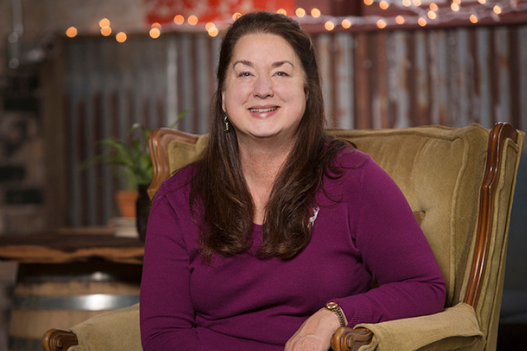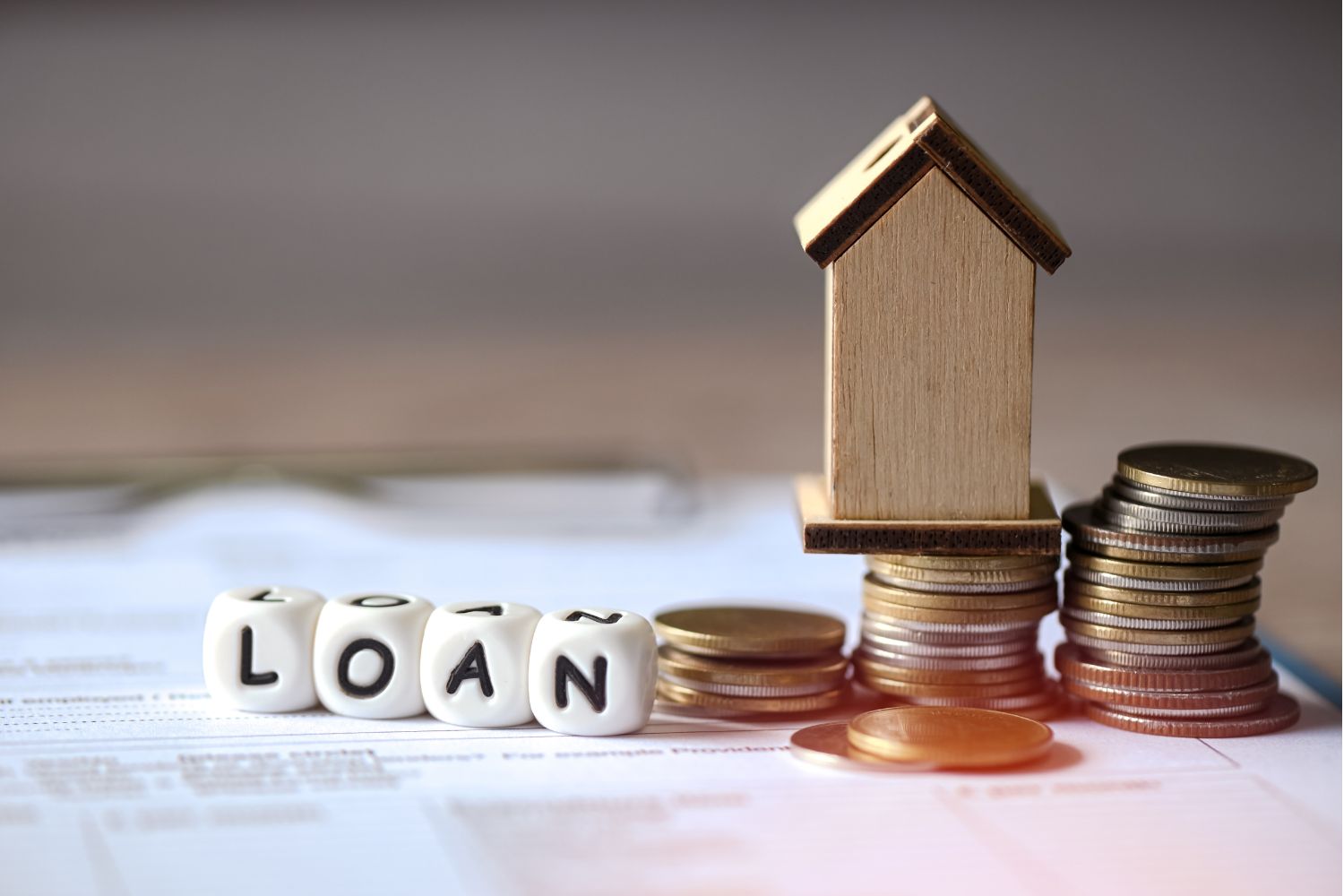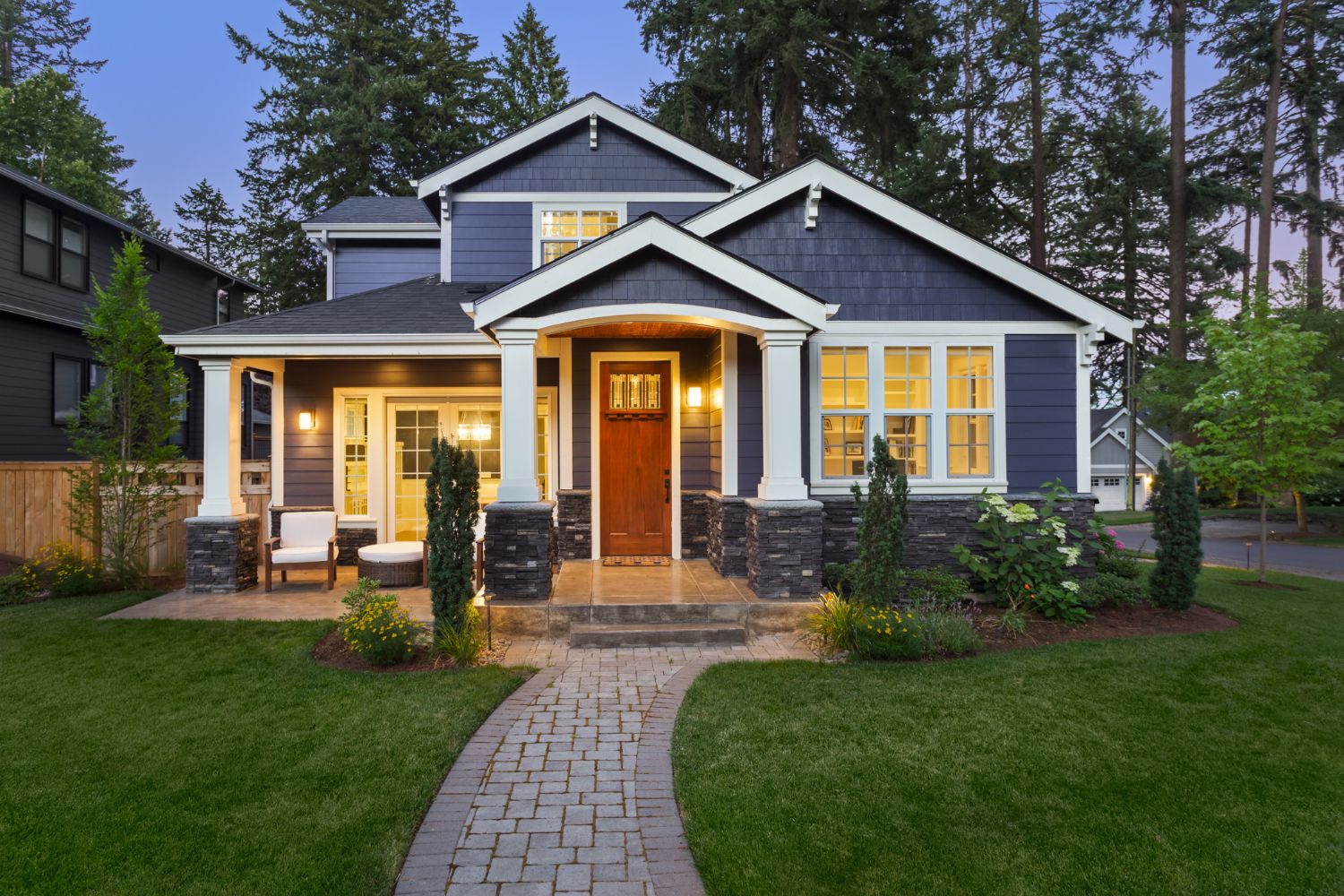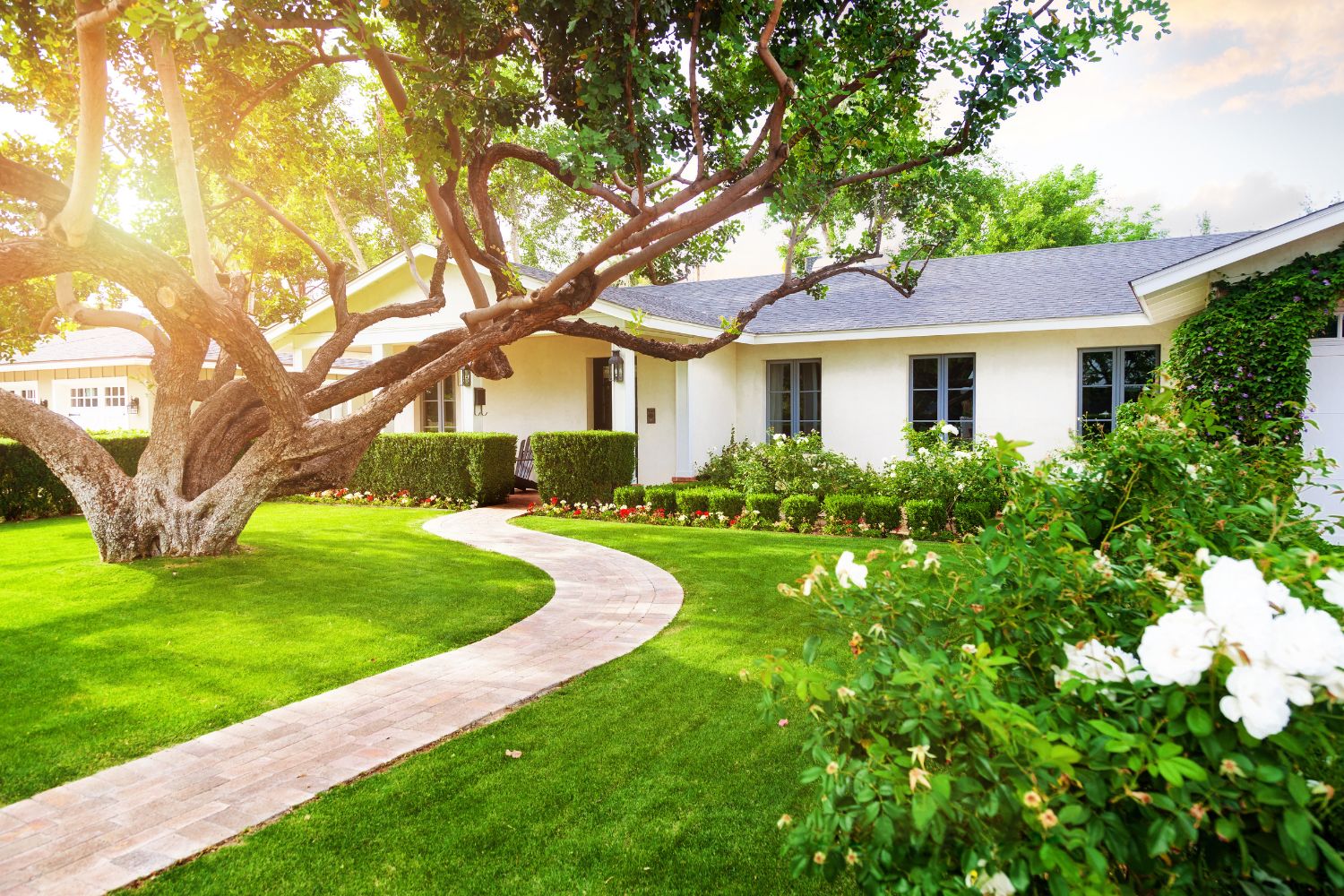Looking to buy your first home? Or maybe you’ve had a home for years and are now starting to eye-up an upgrade. Whatever your situation, it is important to understand the mortgage process and things to keep an eye out for.
The mortgage process can be overwhelming – there are many twists and turns and without proper research, it can be tough to decipher if you are getting a fair deal. Real estate agents and mortgage lenders can be a vital source of information throughout the process, but you need to know the right questions to ask them. Because of this, I have decided to write down 7 questions you NEED to ask in the mortgage process.
1. What loans do you offer?
It is important to ask lenders what specific loans their bank offers. By doing this, you hear all of your options with that particular lender and can ask for further information if one of the loans sounds appealing to you. Remember, not all banks offer every type of loan, so don’t be discouraged – try another lender.
2. How does a mortgage work?
If you do not have any prior experience with the process, then this might be a good place to start. Ask your lender how a mortgage works, what a mortgage can be used for, and what kind of mortgages their financial institution offers.
3. What loan options fit my situation?
After your lender has laid out all of their mortgage product offerings, it is the perfect time to ask for advice about your specific situation. Lenders will then use their knowledge and experience to guide you towards loan options that fit your needs. It is important to ask for more than one recommendation. By doing this you are making sure the lender is thinking about your situation and not just throwing you in a broad basket that other clients fit into.
4. How do I qualify for a loan?
Before you get any further along in the loan process, it is important to ask how you can qualify for a loan. To qualify, lenders will look at a multitude of items tied to you. The major factors are usually credit score, income, existing debts and existing assets. After reviewing all the factors of your situation, lenders will then make a decision about your eligibility to qualify for a loan.
5. How much can I afford?
After discussing the last few questions with your lender, you will then end up talking about how much you can afford to spend on your home purchase. After taking in your credit, debt and income, the lender should provide you with an estimate of what dollar amount would be at the top of your purchase range. Just because you are given this top-end dollar amount does not mean that you can afford to go out and purchase at that high level. There are many factors to consider including closing costs and maintenance costs of the new home.
6. How much should I save for a down payment?
The answer to this question depends on what kind of loan you end up choosing for your purchase. If you have qualified for a USDA or VA loan, a down payment may not be required. If you’re getting an FHA loan, the minimum down payment is 3.5%. If you qualify for a conventional loan through either Fannie Mae or Freddie Mac, down payments start at 3% and in no event would you have to put down more than 5% of the purchase price on a primary residence. These are the minimums… but if you can afford it, I would recommend putting down a higher dollar amount which should allow you to have a lower monthly mortgage payment and possibly lower your interest rate.
7. What will my interest rate and annual percentage rate (APR) be?
When looking over interest rates, you will notice that there are usually two different rates advertised – the base interest rate, or rates that you are getting charged for the mortgage, and the APR which is usually higher as it factors in the base rate as well as closing costs tied to the loan.
There are hundreds of questions that should be asked throughout the process, these are just 7 of the main topics. My advice – keep doing research to find out more about the process and what to look for. If you clicked on this blog article, then my guess is that you are someone who likes to do the research before making a big decision like purchasing a home.
Good luck in your home search endeavors 🙂





